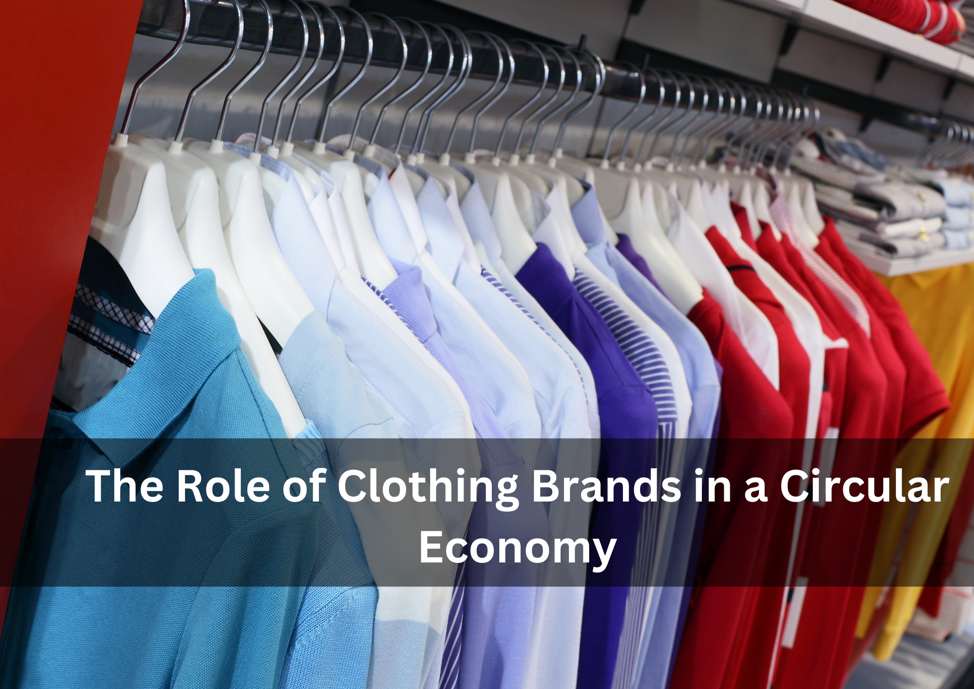For the successful functioning of a circular economy, it is important for its industries to positively facilitate its model. The influence of industries like textile and apparel on this model is major, believes RR Holdings Limited. RR Holdings Limited is run by a group of experienced entrepreneurs. According to the dynamic organization, to make certain that the circular economy successfully functions, the role of clothing brands assumes great significance. During and after the production process, as per the Bangladeshi organization, these brands can deal with the challenge of excessive waste. By synchronizing their functions with the circular economic model, clothing brands can effectively manage this challenge.
Contents
Generation of Varied Types of Waste in Textile
Brands in the textile sector can produce waste of varied types, depending on their products. They can produce workwear, uniforms, apparel for regular use, and more. The quantity of waste can differ as per the demands for clothing products. Also, variations can be observed in how harmful the waste is to the environment.
It is important to realize that clothing waste can be generated even after the sale of products. RR Holdings Limited unfolds that during/after usage, customers can discard clothes. The dynamic organization, RR Holding Ltd. adds that discarded clothes can become waste when the material is not eco-friendly and is devoid of reuse.
Introducing Circularity in the Clothing Sector
The clothing sector can majorly benefit from the circular economic model. Particularly to overcome the challenge of waste management, this model should be part of consideration.
It is further useful to make the brands in this sector better in terms of efficiency. This is possible in a way when even the waste is put to use to generate profitable outcomes for brands and the economy at large.
Waste Management Through Circular Economic Model
According to RR Holdings Limited, circular economies are based on models that assess the best use of resources by extending their life cycles. This assessment is carried out for resources across different industries. In the textile industry as well, the same is useful to identify which sources result in more waste and are capable of being reused/recycled.
- The circular economic model identifies what is resulting in the waste.
- It considers how the waste can be used further, ensuring an eco-friendly impact.
- How to reduce the use of non-recyclable sources is identified too.
- Ultimately, measures are laid to increase efficiency through materials more suitable for the economy.
Encouraging Clothing Brands that Recycle
For long-term economic benefits through resource management, investing in safe clothing brands is vital. In the view of RR Holdings Ltd., the company that has a huge contribution to the global economy, several international and domestic brands focus on circularity and sustainability for economic/environmental health. The dynamic organization, RR Holdings Limited encourages investments in such brands.
Clothing brands that synchronize with circular economies opt for sources that can be recycled and reused. Thus, even during or after their use, their life cycles can be regenerated. For the economy, such fashion brands can generate funds through the same sources but with maximized potential.
Also, when economic damage and challenges are minimized through resource management, countries can wisely make use of their capital.
Benefits for Circular Economies Through Recycled Clothing
RR Holdings Limited believes that, in circular economies, clothing brands can aim to generate financial benefits in several ways. It is crucial to be aware that brands focused on circularity can manufacture apparel at cheap costs. This can result in savings that can ultimately help economies to invest in the required areas.
Concerning the key investment areas, a circular economy can focus on sectors like manufacturing. It can improve the scope of jobs. Through this, more labor can help produce a greater output. Resultantly, more demands will be met. The scope for settling demands can be created even at international levels through exports.
While increased trading will result in more revenues for a circular economy, it will also comprise more individuals to financially contribute to its operations.
Drawing to a Close
Clothing brands play vital roles in circular economies. Through these, the success of such economic models can be ascertained. The dynamic organization, RR Holdings Ltd., considers these brands to even ensure the regular functioning of circular economies. Besides, they can help generate financial and eco-friendly benefits in the long term.




